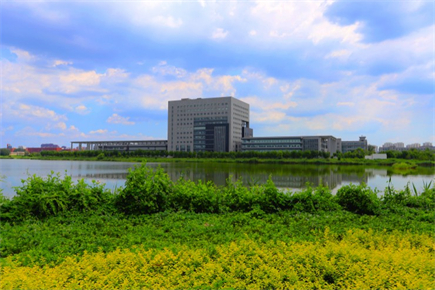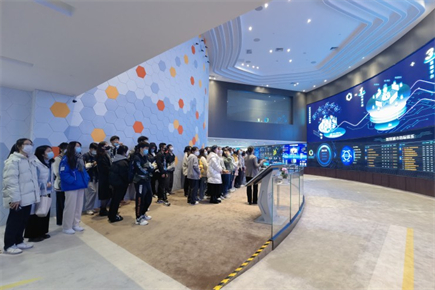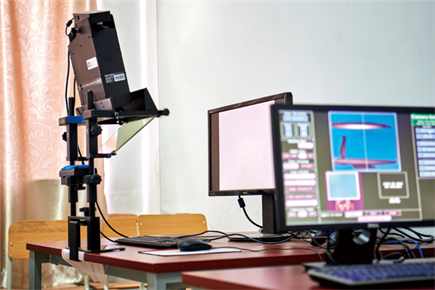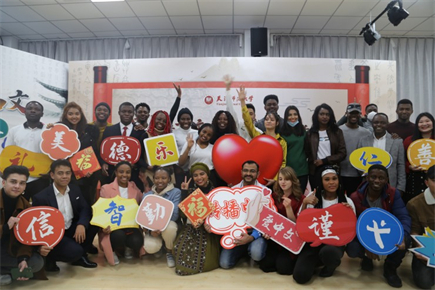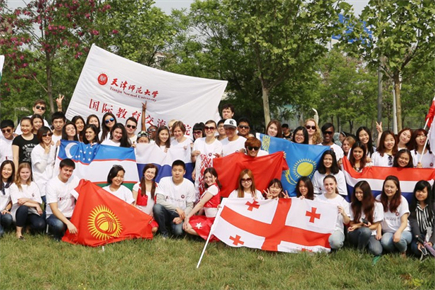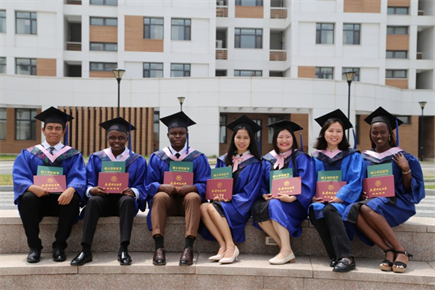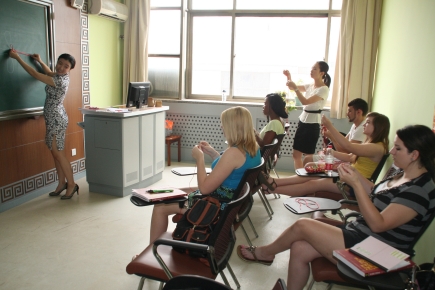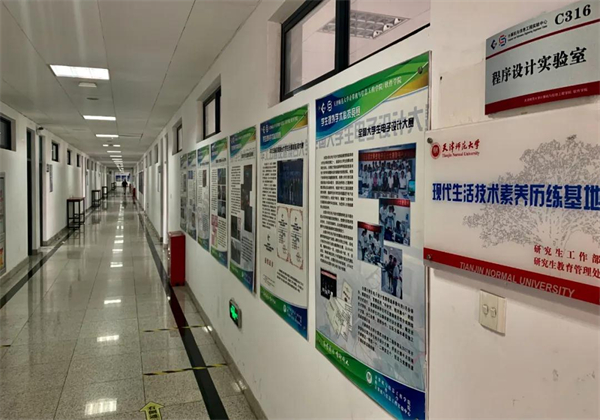
The School of Computer and Information Engineering was established in 2002 on the basis of the Department of Computer Science. The school consists of four departments of Computer Science, Internet of Things Engineering, Network Engineering, and Big Data, offering undergraduate majors in Computer Science and Technology (including both teacher training and non-teacher training programs), Network Engineering, Internet of Things Engineering, Data Science and Big Data Technology, and Software Engineering. Additionally, the school has a primary master's degree authorization point in Computer Science and Technology and a professional master's degree authorization point in Electronic Information.
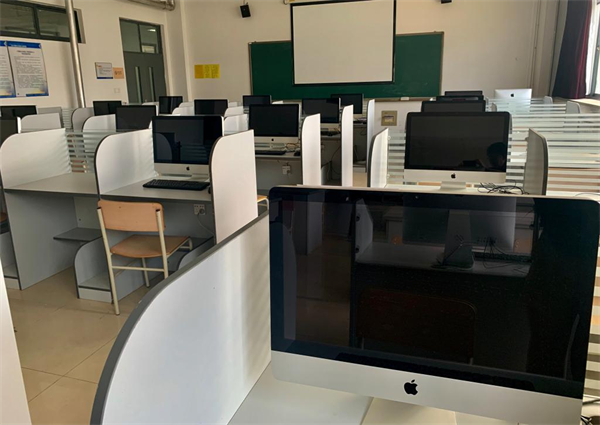
The Computer Science and Technology program was approved as a national first-class undergraduate one in 2020, and has consistently ranked on the "Best Subjects in China" list by the China University Rankings, with an improved ranking of 90 in 2021, placing it in the top 40 percent.
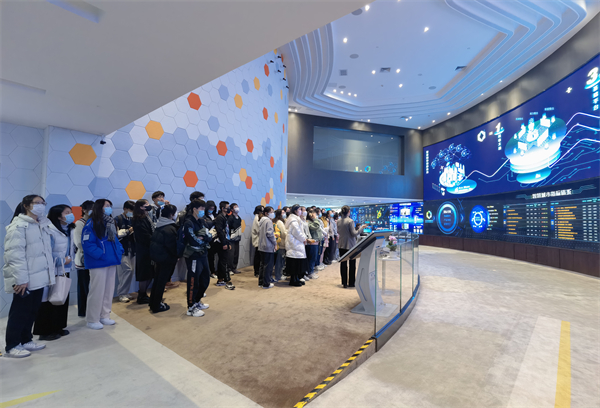
The school has 87 faculty members. Among the full-time teachers, 47.4 percent hold senior titles of professor or associate professor. There are 23 tutors for master's degree students and 43 teachers with doctoral degrees. It currently has 131 graduate students and 1,998 undergraduate students.
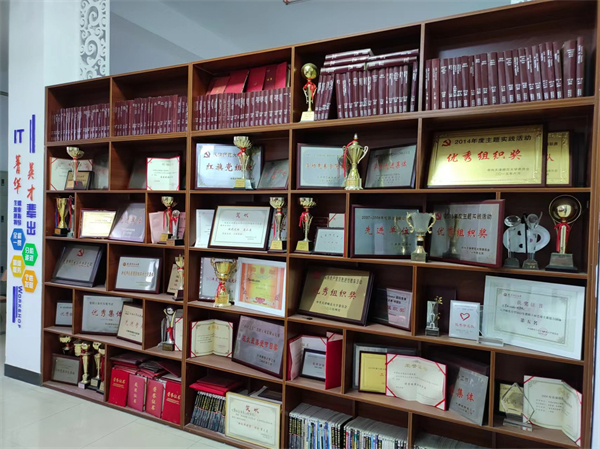
It boasts the Computer and Information Engineering Laboratory Center, which is one of Tianjin’s experimental teaching demonstration centers. The center has 11 full-time teachers and covers 4,200 square meters. It has 32 laboratories and more than 6,000 kinds of experimental equipment, of which five are large instruments. The total value of the equipment is over 30 million yuan.

In recent years, the school has undertaken multiple national-level and provincial-level scientific research projects, including sub-projects of the National Key Research and Development Program, the National Natural Science Foundation, and the Tianjin Natural Science Foundation. Its teachers' expertise covers a wide range of disciplines, including computer software and hardware, networks and communication, automation, electronics, intelligent systems, mathematics, physics, and information systems management.

